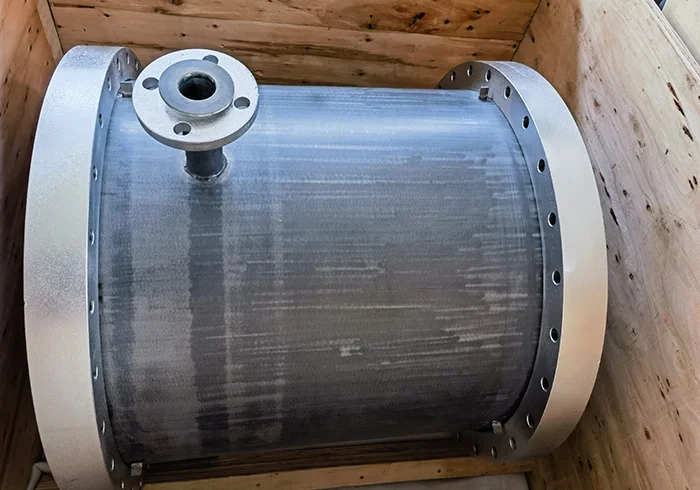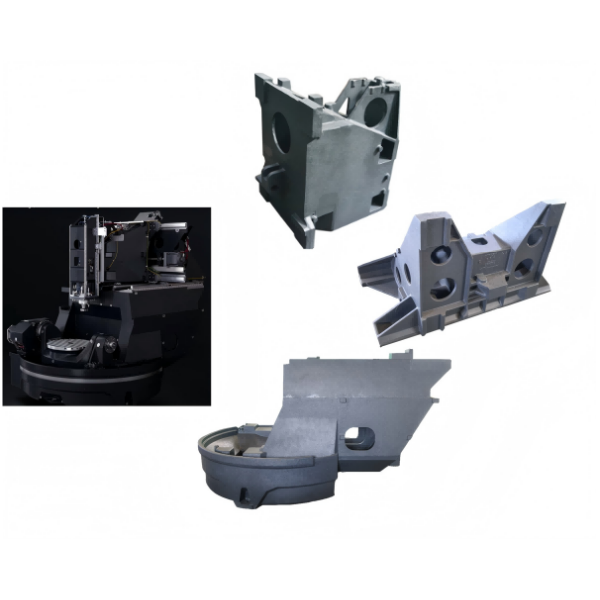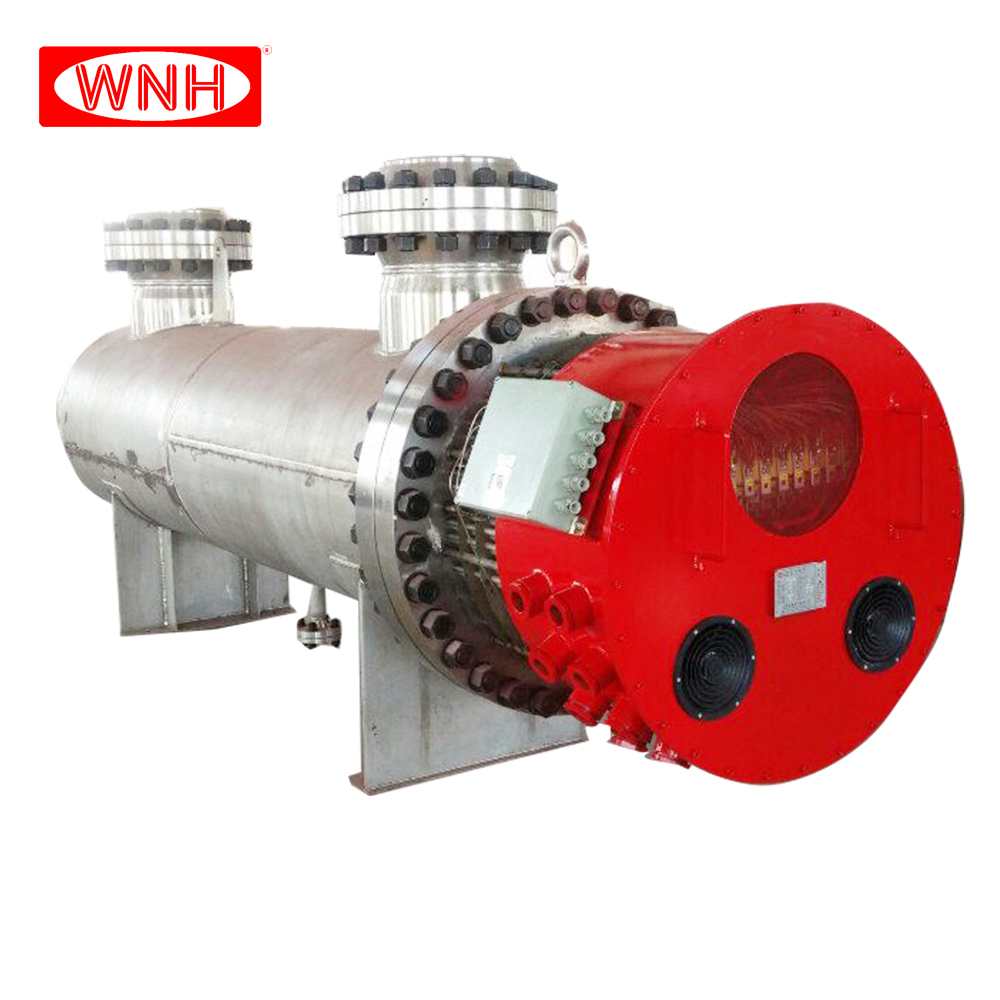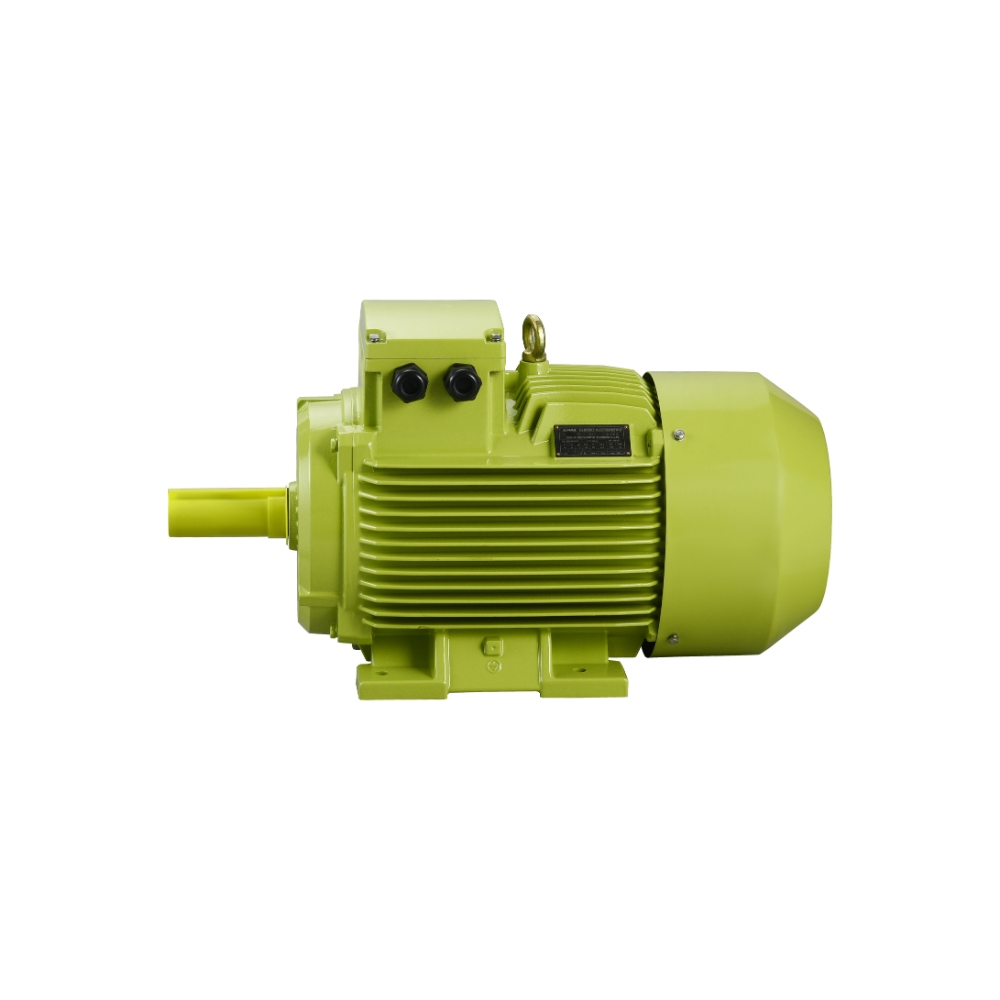In the world of industrial manufacturing, particularly in industries where corrosive materials, high pressures, and extreme temperatures are prevalent, pressure vessels play an essential role. These vessels are designed to contain and safely handle gases or liquids under high pressure. One of the most critical challenges faced by manufacturers is ensuring the durability and resistance of pressure vessels to harsh operating environments. One of the latest advancements in the design and construction of pressure vessels involves the use of zirconium-clad pressure vessels. These vessels are made by cladding pressure vessels with zirconium, which imparts several unique properties, including excellent resistance to corrosion, high-temperature stability, and outstanding performance in aggressive chemical environments. This article Qiwei will delve into the significance of zirconium clad pressure vessels, exploring their design, advantages, applications, and the reasons why they are becoming a preferred choice in critical industries.
What are Zirconium Clad Pressure Vessels

Pressure vessels are an integral part of many industrial applications, from chemical processing to power generation, and even aerospace. These vessels are designed to store and contain fluids or gases under high pressure, which makes it essential to use materials that can withstand mechanical stress, temperature fluctuations, and corrosive environments. Zirconium clad pressure vessels take advantage of zirconium's unique properties, particularly its corrosion resistance. Zirconium is a highly durable, non-reactive metal that forms a natural oxide layer, providing protection against a wide range of corrosive substances, including acids, alkalis, and saline environments. The cladding process involves bonding a layer of zirconium to the internal surface of the pressure vessel, allowing the vessel to retain the mechanical strength and pressure resistance of the underlying material while benefiting from the corrosion-resistant properties of zirconium.
These vessels are often used in environments where traditional metals or alloys would fail due to corrosion or stress, such as in nuclear reactors, chemical reactors, or marine applications. The combination of zirconium's excellent physical properties and its ability to protect the underlying material makes zirconium clad pressure vessels an indispensable tool in several critical industries. A key aspect of zirconium cladding is its ability to withstand aggressive environments without degrading. This feature is especially important in industries like chemical processing, where pressure vessels are regularly exposed to highly corrosive chemicals and extreme operational conditions. Zirconium's inertness means it will not react with most corrosive agents, ensuring that the vessels maintain their structural integrity over long periods of use.
Key Advantages of Zirconium Clad Pressure Vessels
The use of zirconium-clad pressure vessels offers several significant advantages, which are key to their widespread adoption in demanding industries. Some of the most notable benefits of using zirconium clad pressure vessels include:
1. Corrosion Resistance
One of the primary reasons why zirconium is used in pressure vessel cladding is its exceptional resistance to corrosion. Zirconium forms a protective oxide film that makes it highly resistant to a wide range of aggressive chemicals. In particular, zirconium is highly resistant to sulfuric acid, hydrochloric acid, and various alkaline solutions, which are common in chemical processing plants. This corrosion resistance helps increase the lifespan of pressure vessels and reduces the risk of material failure or leaks, ensuring safety and reliability in industrial operations. In environments where metal degradation is a significant concern, such as chemical reactors or offshore drilling platforms, zirconium clad pressure vessels provide an essential safeguard against failure. The cladding prevents the underlying material from coming into direct contact with corrosive substances, thus avoiding the chemical reactions that might otherwise lead to premature wear or damage.
2. High-Temperature Stability
Zirconium also excels at maintaining its structural integrity at high temperatures. This makes zirconium clad pressure vessels ideal for use in high-temperature environments, such as in nuclear reactors or high-pressure chemical reactors. Zirconium has a melting point of around 1,855°C (3,371°F), which is significantly higher than many other metals used in the construction of pressure vessels. This high-temperature stability ensures that these vessels continue to function optimally even under extreme thermal conditions. Zirconium's ability to retain strength and stability in high-temperature environments is particularly important in industries like nuclear power and aerospace, where components often operate at elevated temperatures. As materials such as steel and titanium weaken at high temperatures, zirconium offers a superior alternative for maintaining the vessel's integrity and ensuring consistent performance.
3. Strength and Toughness
Zirconium's high mechanical strength makes it an ideal material for use in pressure vessels. When bonded to a stronger, more ductile base material, the zirconium cladding enhances the overall strength and toughness of the vessel. This strength is particularly important in high-pressure applications, where the vessel must withstand significant internal pressure without failing. The combination of strength and toughness allows zirconium clad pressure vessels to be used in a variety of demanding industries, including power generation, petrochemical processing, and nuclear power. The mechanical toughness of zirconium-clad vessels ensures that they are not only resistant to corrosion but also capable of handling extreme stresses without cracking or becoming brittle. This dual protection—against both physical pressure and corrosive agents—makes zirconium-clad pressure vessels a reliable choice in critical industries.
4. Radiation Resistance
Another key property of zirconium is its resistance to radiation. In nuclear applications, zirconium is commonly used as a cladding material for fuel rods due to its ability to withstand the effects of radiation without becoming brittle or reactive. In zirconium clad pressure vessels, this property is critical in nuclear reactors, where radiation exposure is a concern. The zirconium layer helps protect the underlying material from radiation damage, ensuring the vessel's continued integrity and safety in these environments. Radiation exposure can degrade many materials over time, causing embrittlement, cracking, and eventual failure. However, zirconium's ability to resist radiation-induced damage makes it an invaluable material in applications where long-term performance is essential, such as in the storage and transport of nuclear fuel or waste.
5. Long Service Life and Low Maintenance
Zirconium's corrosion resistance and high durability lead to extended service life for pressure vessels. These vessels require less frequent maintenance or replacement, which can result in substantial cost savings over time. In critical applications, minimizing downtime and maintenance requirements is essential, and zirconium clad pressure vessels provide a long-term, reliable solution. The high resistance to environmental factors such as corrosion and radiation ensures that zirconium clad pressure vessels continue to operate efficiently for extended periods, often exceeding the lifespan of traditional pressure vessels. This long service life reduces the need for costly repairs, replacements, and operational shutdowns, which can have a significant financial impact on industries.
In conclusion, zirconium clad pressure vessels are a critical component in many high-performance industries where the risk of corrosion, radiation, and high pressures cannot be underestimated. The unique properties of zirconium, including its excellent corrosion resistance, high-temperature stability, strength, and radiation resistance, make these vessels ideal for use in nuclear reactors, chemical plants, petrochemical refineries, aerospace, and marine applications. By incorporating zirconium into the design of pressure vessels, industries can enhance the durability, safety, and performance of their equipment, while minimizing maintenance costs and downtime. As the need for advanced materials to withstand extreme environments continues to grow, zirconium clad pressure vessels will undoubtedly play an increasingly important role in ensuring the reliability and longevity of critical systems across a wide range of sectors.
https://www.tnztn.com/Zirconium-Pressure-Vessel
www.tnztn.com
Wuxi Qiwei Nonferrous Technology Co., Ltd.





